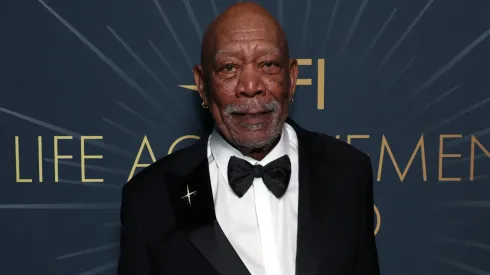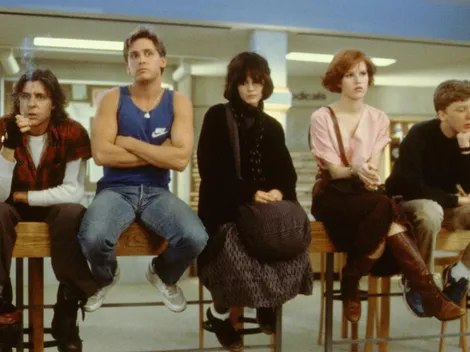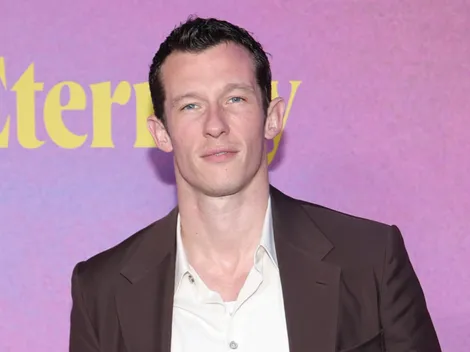There are few voices in cinema that carry the sheer weight of authority and narrative command as that of Morgan Freeman. For five decades, his presence has been less a performance and more an anchoring force, transforming every role—from the hardened prisoner to the patient mentor, and even the deity himself—into an enduring figure of moral gravitas.
His journey to global stardom was not an overnight sprint but a patient, methodical ascent that saw him evolve from children’s television to acclaimed theater, eventually becoming one of Hollywood’s most respected actors well into his later years, proving that genuine wisdom and talent transcend the usual timelines of fame.
Ellis “Red” Redding – The Shawshank Redemption (1994)
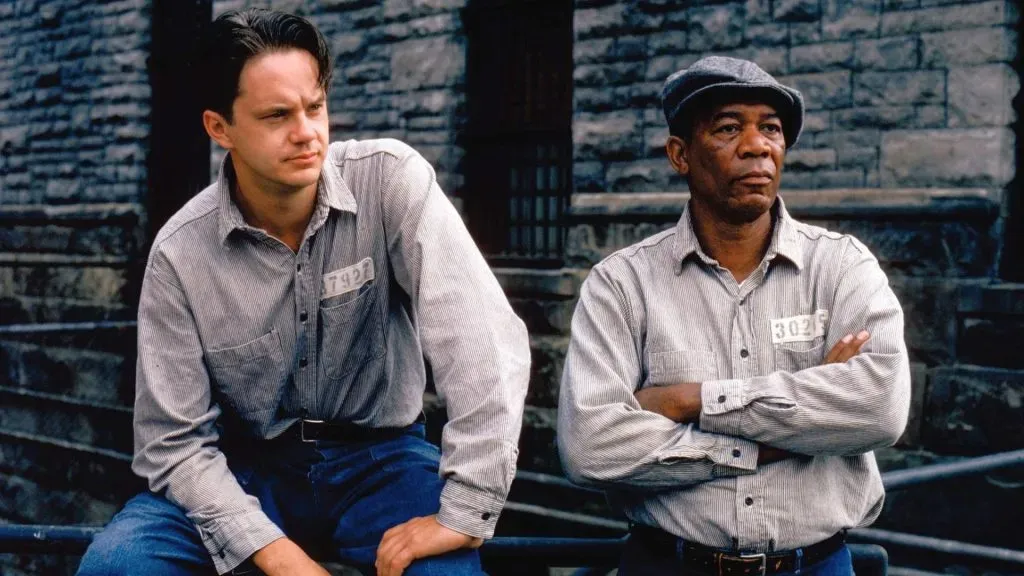
(Source: IMDb)
Arguably the role most indelibly linked to his name, “Red” is the long-term inmate at Shawshank who serves as the film’s wry, world-weary narrator and the vital connection for protagonist Andy Dufresne. Freeman imbued the character with a cynical yet ultimately hopeful philosophy, earning him an Academy Award nomination. His smooth, contemplative voice, delivering the film’s profound reflections on time, friendship, and freedom, cemented his status as cinema’s quintessential voice of wisdom.
Hoke Colburn – Driving Miss Daisy (1989)
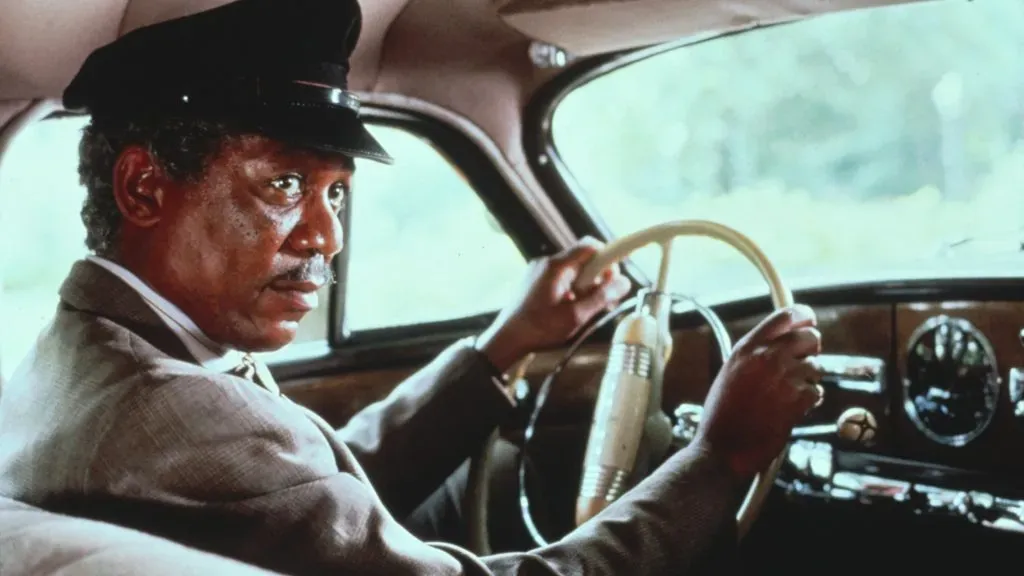
(Source: IMDb)
Freeman reprised this role from the stage, bringing the gentle, dignified character of Hoke Colburn—the personal chauffeur to the wealthy but cantankerous Miss Daisy—to global audiences. His performance was a masterclass in subtle defiance and deep warmth, charting the evolution of a relationship across decades of racial and social change in the American South. The role earned Freeman his second Oscar nomination, solidifying his ability to anchor emotionally resonant dramas.
Detective Lt. William Somerset – Se7en (1995)

(Source: IMDb)
In David Fincher’s grim and stylish neo-noir thriller, Freeman played the meticulous, world-weary detective on the cusp of retirement. Somerset acts as the moral and intellectual foil to the young, impulsive Detective Mills (Brad Pitt). Freeman’s composed, stoic presence and his chillingly calm narration brought a necessary philosophical gravity to the film’s disturbing exploration of sin and morality, elevating the movie far beyond a typical crime procedural.
Eddie “Scrap-Iron” Dupris – Million Dollar Baby (2004)
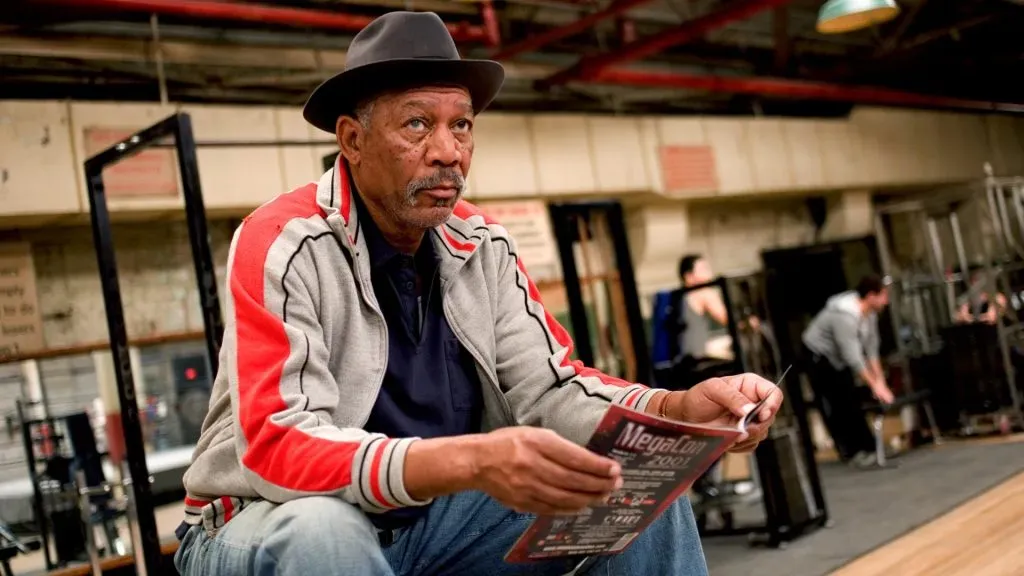
(Source: IMDb)
As the one-eyed former boxer and sage caretaker of a rundown gym, “Scrap-Iron” Dupris served as both the physical grounding and the narrative voice for this Clint Eastwood-directed drama. His portrayal of loyal friendship, quiet regret, and mentorship was deeply moving and earned him his fifth Academy Award nomination, finally securing his long-deserved Oscar win for Best Supporting Actor.
God – Bruce Almighty (2003), Evan Almighty (2007)
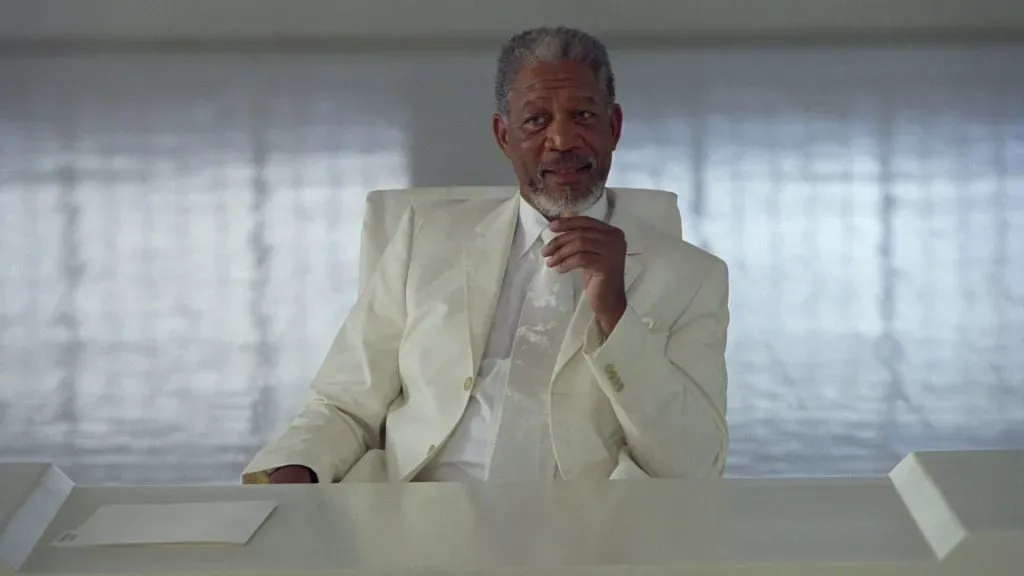
(Source: IMDb)
The ultimate acknowledgment of his vocal and authoritative presence, Freeman’s casting as the Almighty was inevitable. His depiction of God was both comforting and playfully exasperated, using his distinct, commanding voice to deliver divine power with a sense of calm inevitability and a subtle, knowing humor. This role remains one of his most widely recognized and referenced comedic turns.
Lucius Fox – The Dark Knight Trilogy (2005-2012)
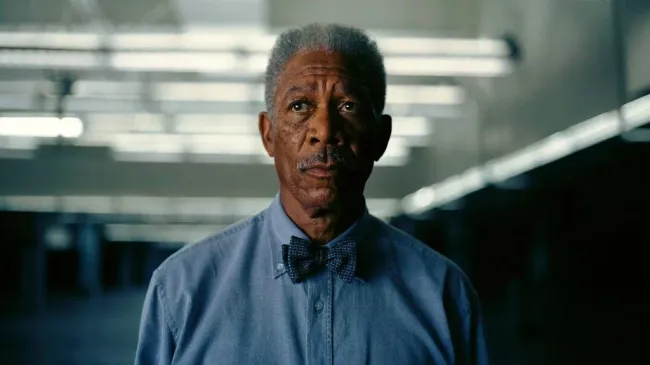
(Source: IMDb)
In Christopher Nolan’s sprawling Batman saga, Lucius Fox was the brilliant, ethical head of Wayne Enterprises’ R&D department and Bruce Wayne’s technical ally. Freeman brought an essential sense of grounding realism to the fantastical world of Gotham. Fox served as a mentor figure and a conscience to the protagonist, ensuring the high-tech gadgets were always balanced by sharp ethical considerations.
Fast Black / Leo Smalls – Street Smart (1987)
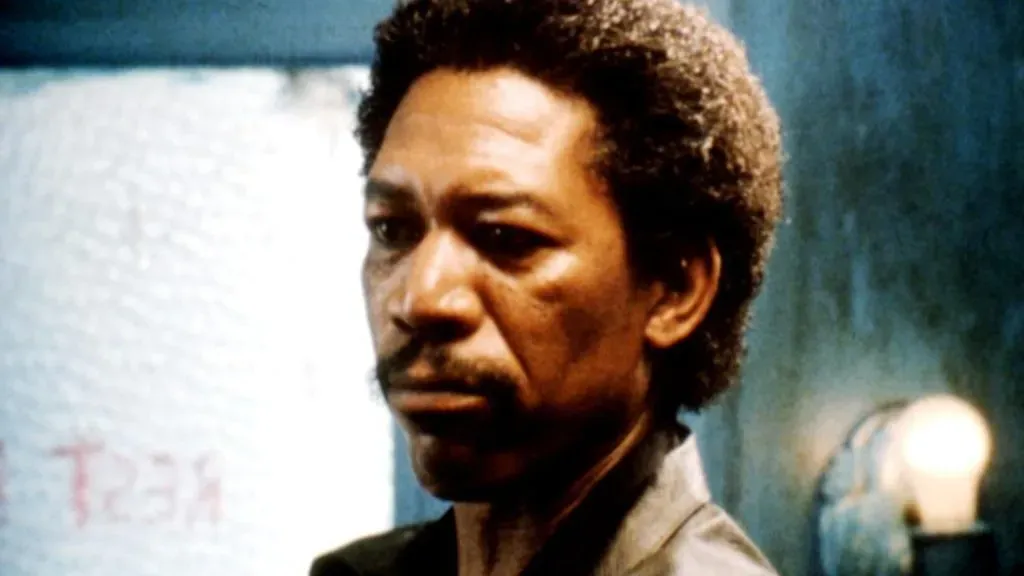
(Source: IMDb)
This role was a shocking and impactful departure from the gentler parts he had previously held. As the dangerous and menacing pimp “Fast Black,” Freeman delivered a performance of terrifying realism and unpredictable charisma. The role earned him his first Academy Award nomination and broke him into the mainstream, proving his extraordinary versatility beyond expectations.
Nelson Mandela – Invictus (2009)

(Source: IMDb)
A role Freeman was seemingly destined to play, he embodied the South African icon Nelson Mandela during the period of the 1995 Rugby World Cup. Freeman captured Mandela’s quiet strength, strategic compassion, and powerful public presence, earning his fifth Oscar nomination (Best Actor) for bringing historical gravitas to the screen.
Joe Louis Clark – Lean on Me (1989)
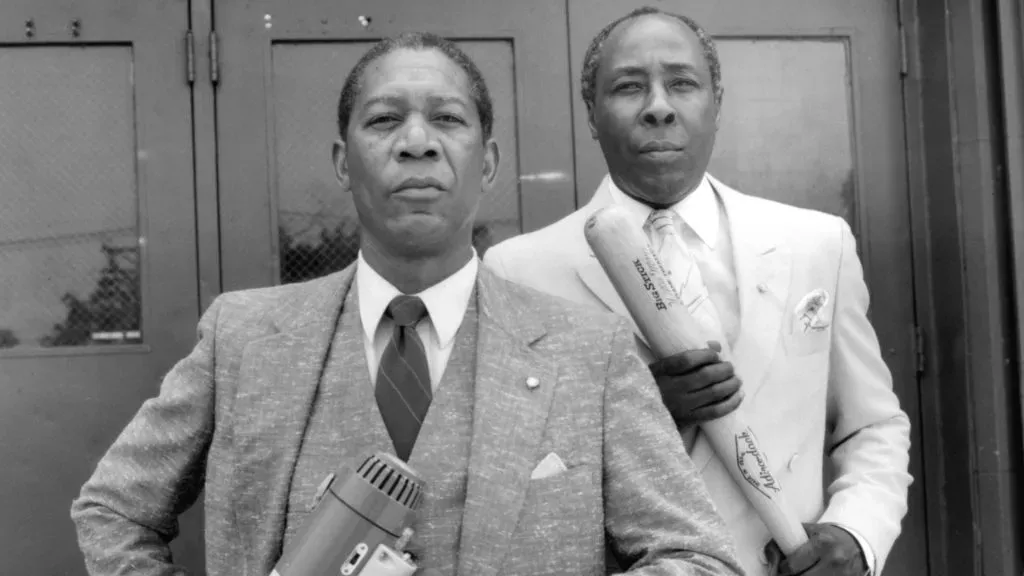
(Source: IMDb)
Based on a true story, Freeman played the controversial and demanding principal Joe Clark, who took drastic measures to turn around a failing inner-city high school. His performance was fierce and uncompromising, highlighting his capacity to portray powerful, non-conformist leaders whose intensity masks a deep commitment to social change.
Ned Logan – Unforgiven (1992)
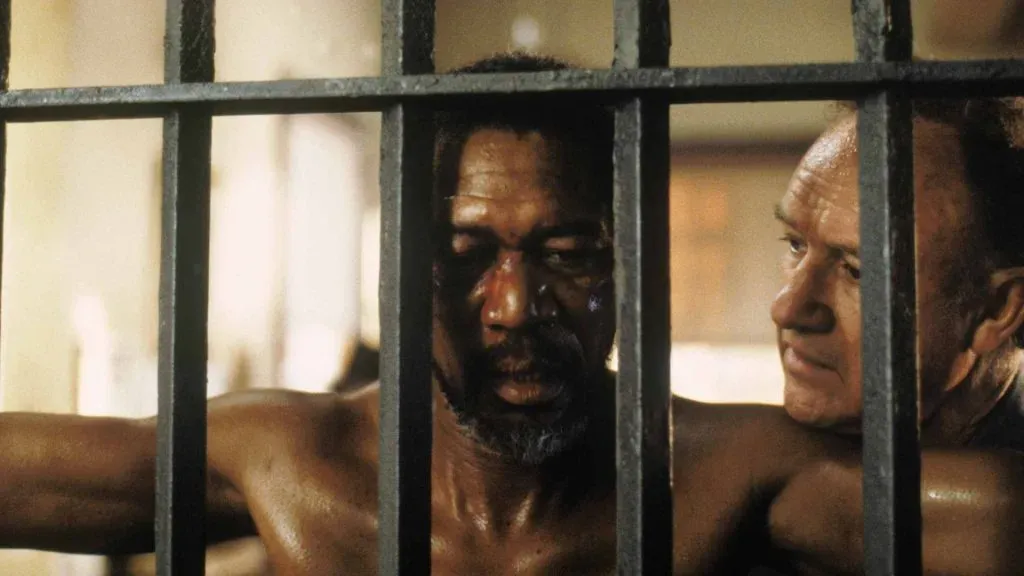
(Source: IMDb)
In Clint Eastwood’s revisionist Western masterpiece, Freeman played Ned Logan, an old partner-in-crime coaxed out of quiet retirement for one last job. Ned is the voice of hesitation and moral conflict within the trio, a nuanced role that allows Freeman to display vulnerability and moral clarity, contributing significantly to the film’s Oscar-winning success and modern Western iconography.
